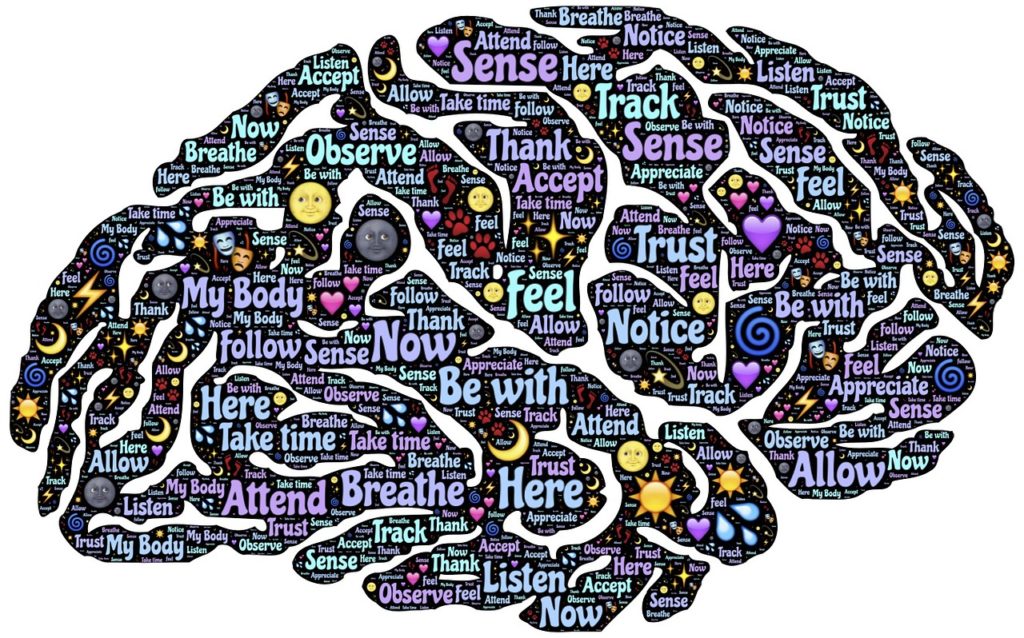Who’s the rider? You are! It’s the part of your mind you’re most familiar with, the part that is perceiving, experiencing, “talking to itself,” as well as feeling the emotions that come up (from the Elephant) in reaction to whatever’s going on within and around you.
Your Rider is the conscious self, the one “aware of being aware,” and able to think about things, like what’s happened in the past, is happening in the present, or may happen in the future. Your Rider is the part of your mind reading these words, and with the Elephant’s help trying to make sense out of them. And it’s your Rider that “goes to sleep” at night and “awakens” in the morning.
______
The Rider and the Elephant usually work together, each with “its own roles and responsibilities,” and thus attending to all your “needs, desires, challenges, and difficulties.” Your Rider’s job includes:
- Experiencing your feelings (i.e., emotions that are created or “generated” by your Elephant),
- Controlling your reactions and directing your behaviors (i.e., what you say and do), and
- Being the problem-solver…trying to make sense out of what you experience, deal with challenges and conflicts, and figure out ways to make your life better.
______
Now, most people believe their Rider is in full control of what they do (or ought to be). But – at best – this is only partly true…well, actually no, it’s mostly false! Far more often, the Elephant has – or let’s say the Rider gives over – control. In other words, the Rider is usually just along for the ride, because most often we accept our reaction (the Elephant’s work) to whatever is happening and behave accordingly – that is, without our Rider stepping in to question or analyze or override that reaction and the behavior it causes or leads to.
Most people would also like to think that every thought their Rider has is true – but then one’s daily experience, when honestly considered, regularly confirms this fallacy; i.e., many of our thoughts are not true, nor helpful, nor even relevant! And yet this natural tendency – to always believe what our Rider seems to be “telling us” – can also get us into a lot of trouble…
______
But then, no matter how difficult, or horrible, or hopeless things can seem to be at times, the Rider (i.e., you!) has the capability to be proactive – to change the world – by training the Elephant “to behave,” which means to react, differently! This is, in fact, what people are constantly struggling to do and yet usually having to settle for mixed results…or worse. In the ERM, it’s the Rider who learns how to effectively work with its Elephant, by using and developing psychological skills, to bring about positive and desired change.

